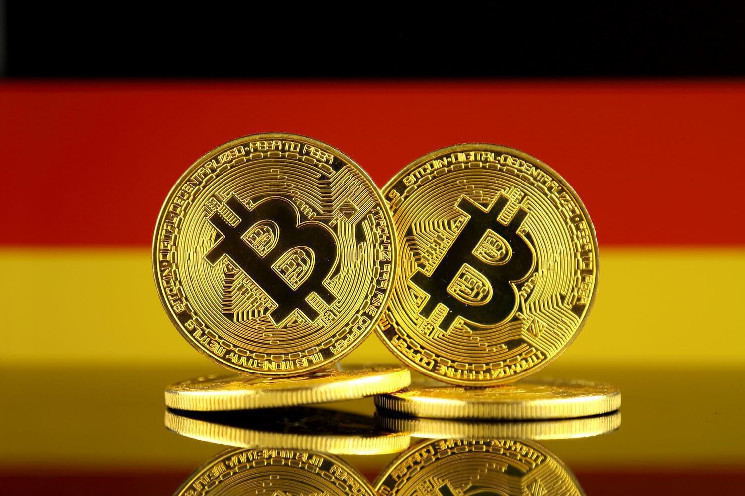Several jurisdictions across the world have bolstered efforts to regulate the digital assets industry. In Germany, too, the financial regulator issued guidelines on the regulatory treatment of cryptocurrencies, including for the purpose of anti-money laundering and terrorist financing.
It has been proactive in issuing legislation on aspects such as initial coin offerings, security token offerings as well as decentralized apps (dApps). While regulations are yet to touch upon the legal gray areas of NFTs, Germany, for one, has taken the first steps to bring about some clarity in this space as well.
BaFin on NFTs
The German Financial Supervisory Authority (BaFin) confirmed that non-fungible tokens (NFTs) cannot be securities. In a recently released statement, the officials argued that tokens designating ownership of a digital asset for speculation only do not qualify as an investment instrument.
It maintained that NFTs, so far, have not demonstrated features similar to financial securities like stocks and debt instruments, which makes it impossible to be deemed securities in a regulatory sense.
“So far, BaFin is not aware of any NFTs that are to be classified as securities in the regulatory sense.”
The regulator, however, also added that NFT could be classified as a security in the future. It also wrote,
“If NFTs are to be classified as securities under the EU Prospectus Regulation or as investments under the Asset Investments Act ( VermAnlG ), a prospectus must always be prepared.”
In Europe, all eyes are on the MiCA. The final vote on the EU’s much-anticipated set of crypto rules – Markets in Crypto Assets (MiCA) regulation, which was delayed to April 2023, is being touted as the first comprehensive pan-European crypto framework. Provisions for NFTs have been excluded from it.
However, last summer, European Commission Adviser Peter Kerstens hinted that NFT issuers could potentially be equated to crypto asset service providers, which will require them to submit regular accounts of their activities to the European Securities and Markets Authority at their local governments.
China’s Regulatory Framework for NFTs
While China banned crypto trading and clamped down on mining, NFTs have not been classified as potentially risky financial instruments. In fact, the ecosystem has managed to not only survive but also flourish in a regulatory gray area.
The nation’s ongoing “Two Sessions” – which happens to be the most important annual political gathering – with parliament member Feng Qiya, is looking to propose a regulatory framework for NFTs.
A local media reported that the focus will be to roll out a clear legal definition of digital collectibles, present market access rules for trading platforms, and improve copyright protection for NFTs.
 cryptopotato.com
cryptopotato.com
